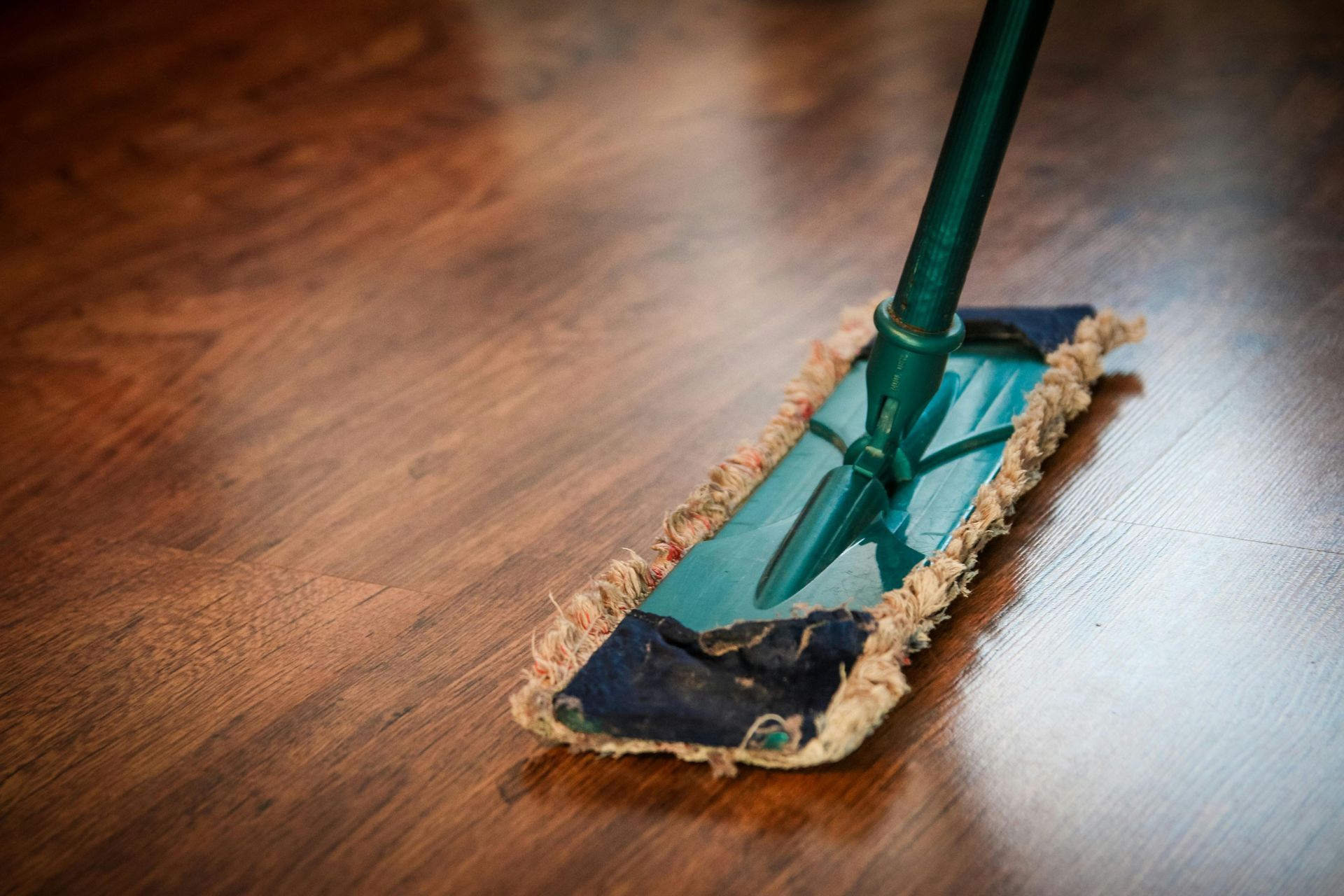Due Diligence Checklist: What to Investigate Before Buying a Rental Property
Investing in single-family rentals or small multifamily properties can be a great way to build wealth, but success starts with thorough due diligence. Before signing on the dotted line, it’s essential to uncover potential risks and ensure the property aligns with your investment goals. At Doss & Spaulding Properties, we’ve created this concise checklist to guide you through the key areas to investigate before purchasing your next rental property.
1. Financial Evaluation
Understanding the financial health of a property is critical for determining its viability as an investment.
- Rental Income and Expenses: Review historical income and expense records to evaluate cash flow. For properties that are currently rented, analyze rent rolls for tenant payment histories and lease terms. For properties that are vacant, find out what the property can command in rent.
- Property Taxes: Check current tax records and anticipate potential increases after purchase.
- Operating Costs: Review utility bills, insurance premiums, and other recurring expenses to get a full picture of operating costs.
- Plan for higher expenses when evaluating the deal. For example, if you anticipate fixed monthly expenses to range from $900-1100, then use the higher end of the range to run your numbers.
2. Market Analysis
A strong understanding of the local market ensures your investment will remain competitive.
- Neighborhood Trends: Research property values, rental demand, and vacancy rates in the area.
- Proximity to Amenities: Assess the property’s location relative to schools, transportation, shopping, and employment centers.
- Competition: Compare rental rates and amenities with similar properties in the area to ensure your pricing is competitive.
- Use conservative rental estimates when evaluating the deal. If you are given a range of $1500-1800, then use the lower end of the range to run your numbers.
3. Physical Inspection
A thorough inspection reveals potential repair costs and ensures the property meets safety standards.
- Structural Integrity: Examine the foundation, crawlspace, roof, windows, and exterior walls for damage or wear.
- Major Systems: Inspect HVAC, plumbing, and electrical systems for functionality and code compliance.
- Pest Issues: Look for signs of infestations that could require professional treatment.
- Deferred Maintenance: Identify any repairs or upgrades that have been postponed by the previous owner.
Hiring a professional home inspector is key to uncovering hidden issues that could lead to costly repairs.
4. Legal Review
Legal due diligence ensures there are no obstacles that could disrupt your investment plans.
- Title Search: Verify clear ownership of the property and check for any disputes or encumbrances on the title. This will be handled by your closing attorney.
- Zoning Laws: Confirm that the property complies with local zoning regulations, especially if you plan to make changes or additions. Ask your realtor to investigate whether you are able to utilize the property in the way you intend to.
- Existing Leases (for Multifamily): Review tenant leases for terms, rent amounts, and compliance with local landlord-tenant laws.
Your realtor and real estate attorney can help you navigate these complexities.
5. Environmental Assessment
Environmental factors can significantly impact both costs and usability.
- Flood Zones: Determine if flood insurance is required by checking FEMA flood maps.
- Hazardous Materials: Make sure there are no imminent hazardous materials that need to be remediated before the property is rent-ready. For example: peeling lead paint, disintegrating asbestos fibers, elevated radon levels, etc.
Addressing environmental concerns upfront can save you from unexpected liabilities later.
6. Tenant Due Diligence (for Small Multifamily)
If tenants are already in place, understanding their situation is crucial.
- Rent Roll Analysis: Verify tenant payment histories and lease terms against actual rent roll data.
- Tenant Stability: Assess turnover rates and lease durations to gauge tenant reliability.
Stable tenants reduce vacancy risks and ensure consistent cash flow.
7. Insurance Review
Securing proper insurance coverage protects your investment from unforeseen events.
- Coverage Options: Work with an experienced broker to find landlord-specific policies that include liability coverage, property damage protection, and loss-of-income insurance in case of disasters.
Why Due Diligence Matters
Thorough due diligence helps you avoid costly surprises after purchase. It allows you to identify red flags early, negotiate better terms with sellers, or walk away from risky deals altogether.
At Doss & Spaulding Properties, we're here to support you at every stage of your journey. Whether you're evaluating a rental property for purchase or are in need of management services, our team is here to ensure your success as a landlord. Contact us today to learn how we can help you make informed real estate investments!














